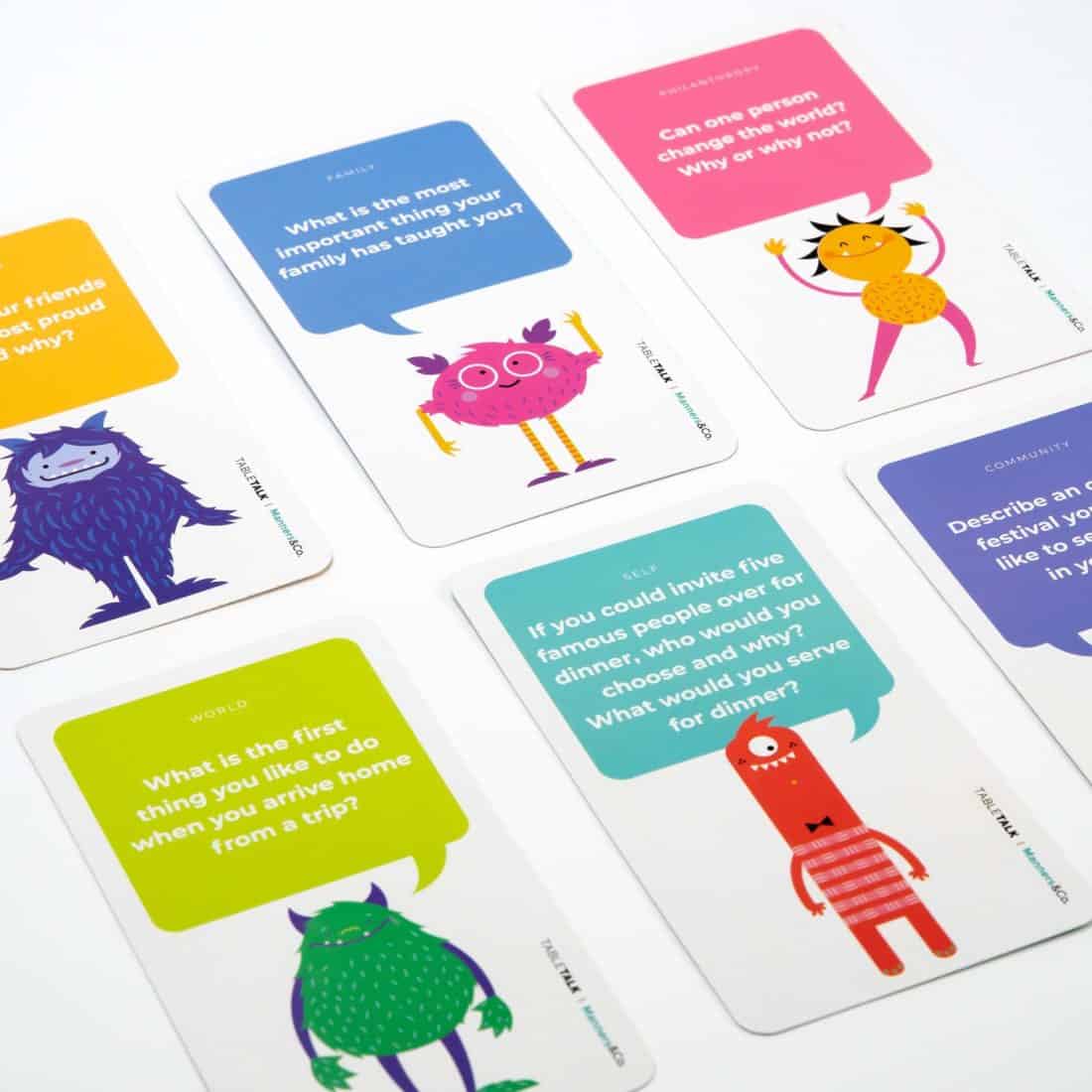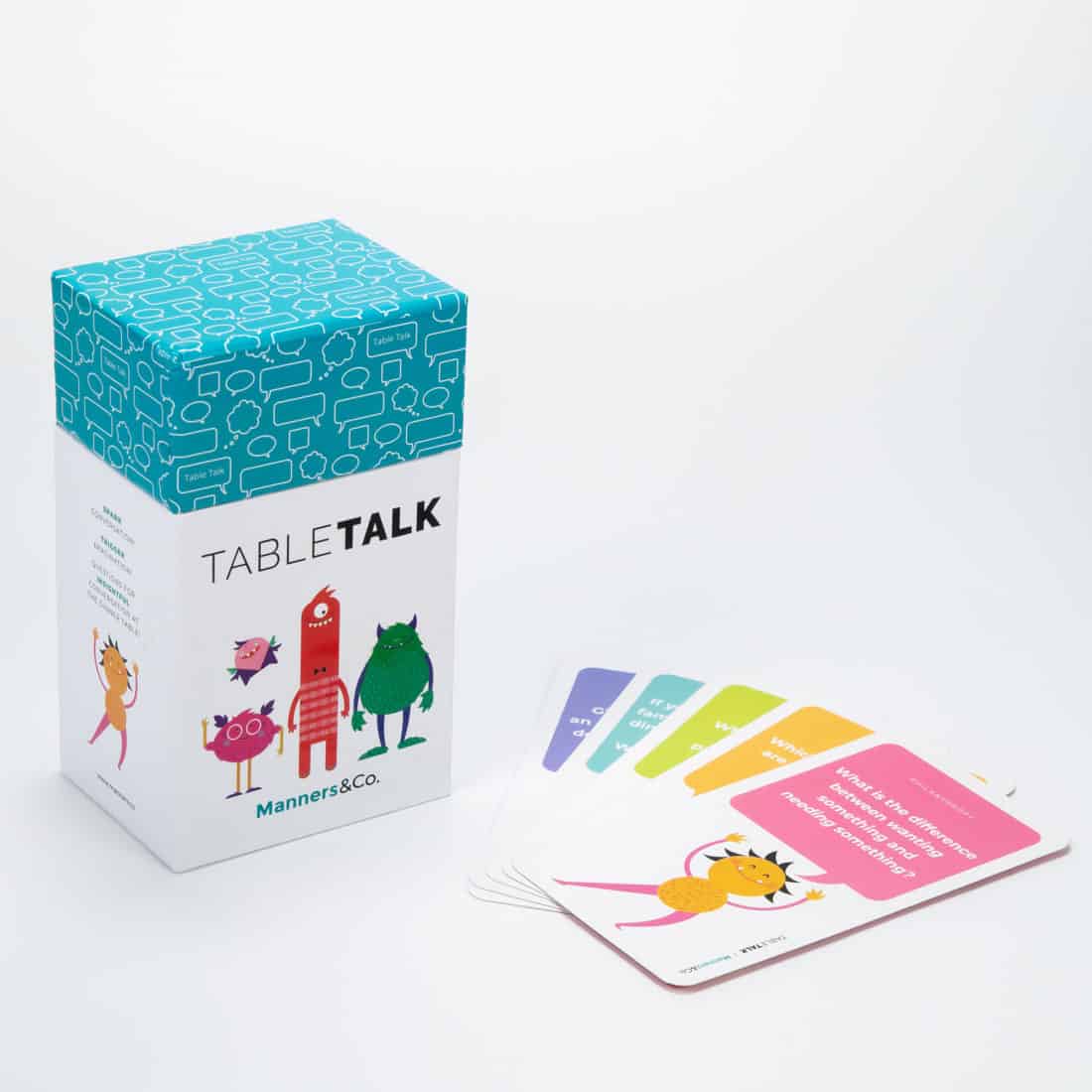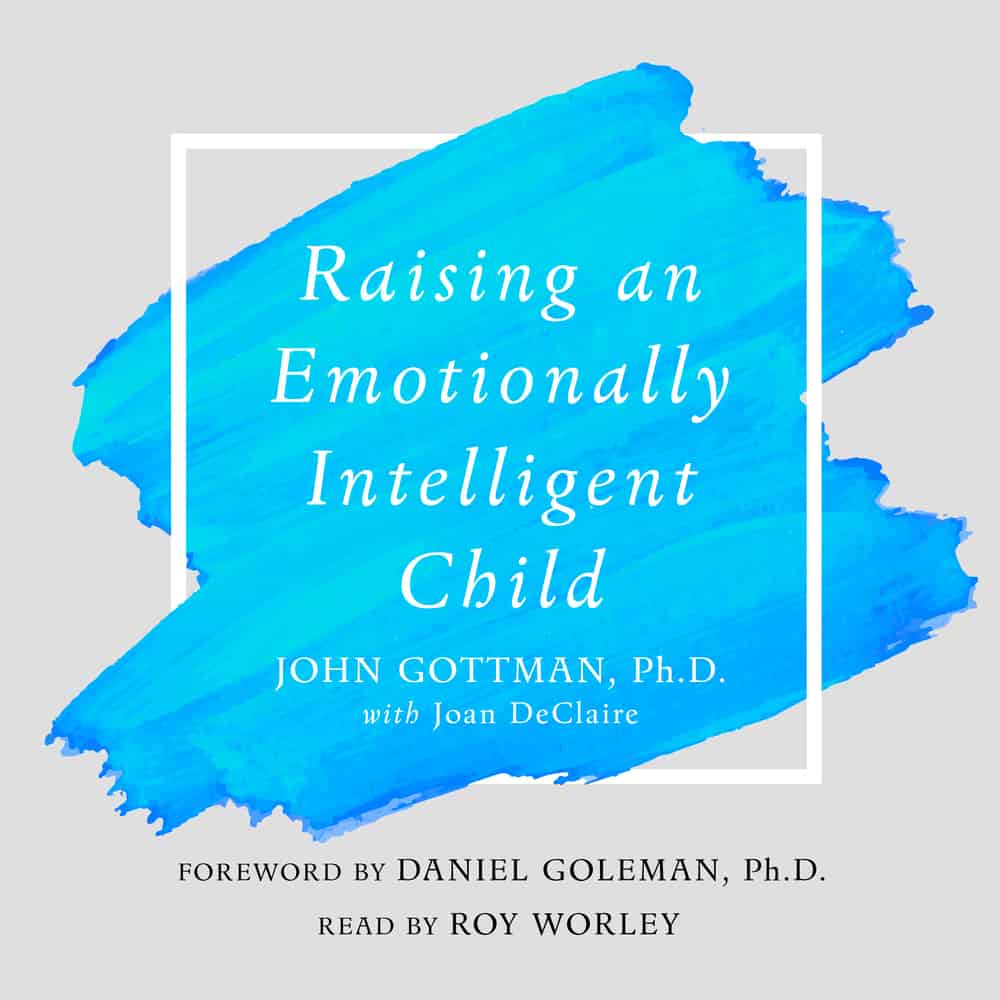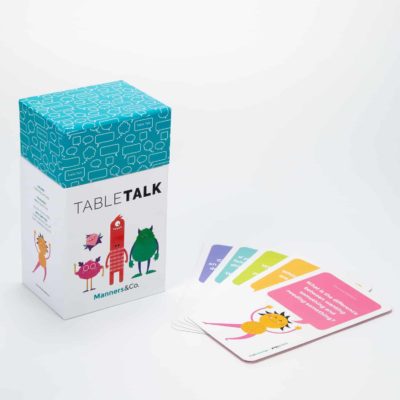Sharing useful, fun, and inspiring ideas. This week has the perfect pop open notes for friends, children, or partner, an amazing read for parents, and the perfect way to up your dinnertime conversation game with your children.
Something Thoughtful
I absolutely adore these pop open cards. They are perfect for kid’s lunches, a partner’s suitcase, or even just attached to little gift for a friend. They are made from quality card stock, well done illustrations, and I love the idea that you have to open it to read the message. Oh, and there is also room for you to add a little note of your own.
Something for Learning
This is such a fantastic game! The kids have been loving the idea we can play a game at the dinner table, and I am loving that we are talking about important topics, and expanding their ability to understand issues surrounding school, philanthropy, friendship, family, self, the world, and community. While our seven year old can answer the questions as written, I have had to adjust the question a bit for our five year old. But they both look forward to “playing” at dinner!

Table Talk 
Table Talk
Something to Read
John Gottman is one of my favorite researchers. He has done so much research on relationships, marriage, and divorce prediction. He has so many amazing books, but this time, I want to talk about one Roger and I are currently reading through: Raising an Emotionally Intelligent Child Below is the full Amazon review:
Every parent knows the importance of equipping children with the intellectual skills they need to succeed in school and life. But children also need to master their emotions. Raising an Emotionally Intelligent Child is a guide to teaching children to understand and regulate their emotional world. And as acclaimed psychologist and researcher John Gottman shows, once they master this important life skill, emotionally intelligent children will enjoy increased self-confidence, greater physical health, better performance in school, and healthier social relationships. Raising an Emotionally Intelligent Child will equip parents with a five-step “emotion coaching” process that teaches how to:
–Be aware of a child’s emotions
-Recognize emotional expression as an opportunity for intimacy and teaching
-Listen empathetically and validate a child’s feelings
-Label emotions in words a child can understand
-Help a child come up with an appropriate way to solve a problem or deal with an upsetting issue or situation





